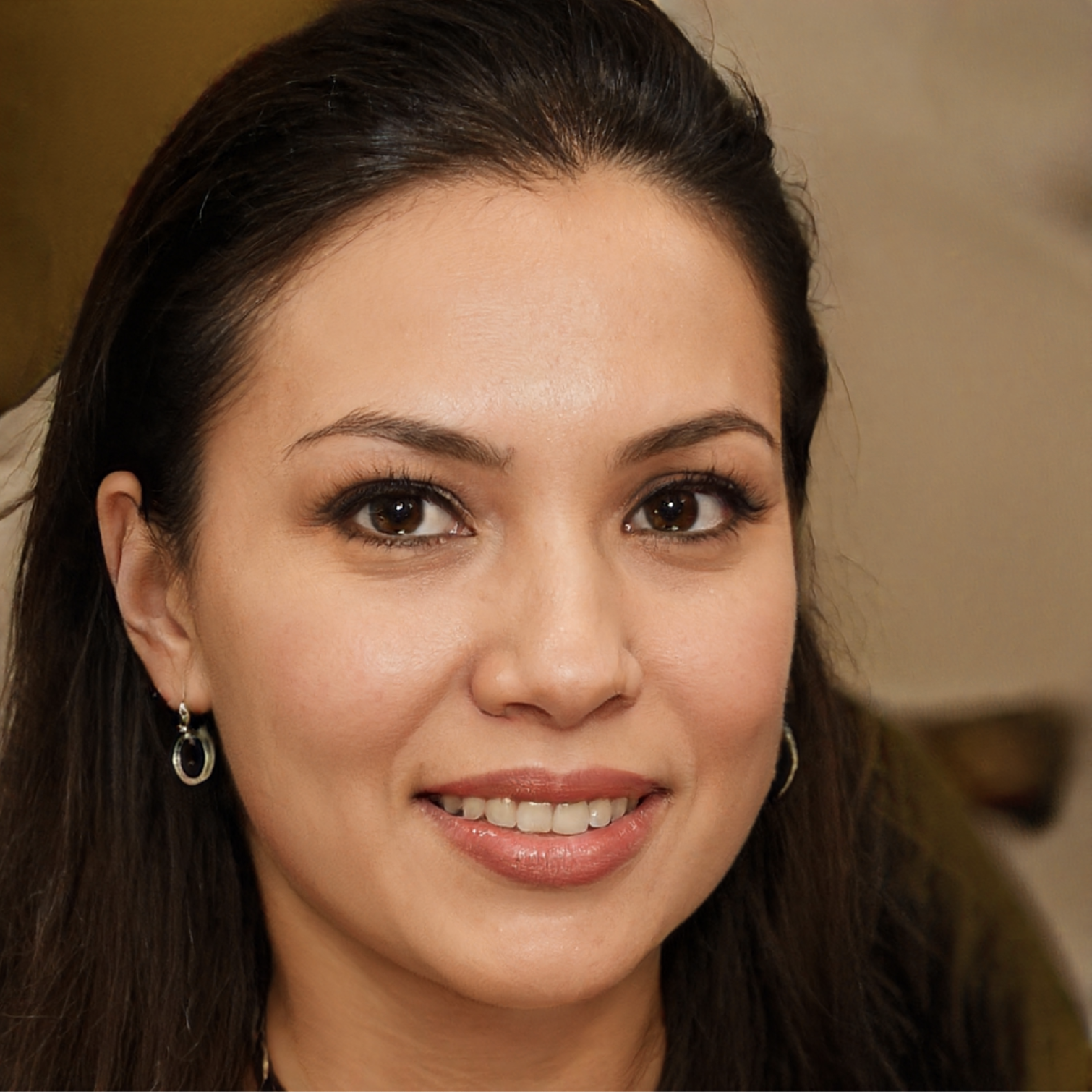Every person has a good or bad experience regarding maths. However, for most people, it is a bad experience. No matter what the experience is, maths can be a bit boring at times. But that is not how things should be. In the 21st century, things around us are majorly dependent on the application of maths. To understand the use of these, one must know at least a little bit of maths.
Some of the most popular jobs that demand a certain level of authority over maths are the jobs of a doctor, engineer, software developer, scientist, and the like. Maths is not only a subject that deals with the addition, multiplication, or subtraction of numbers, but it also has an active involvement in patterns.
Maths graduates have a lot of different avenues open up to them. Defense personnel, statistician, maths teacher, and many other such professions are easily accessible to people who are good at maths. However, in order to unlock these fields its necessary to overcome any fear.
As an adult, what should you do if you want to relearn the subject of maths? Is there any trick to get better at math? How do you use these tricks?As a beginner, from where do you start?

How To Love Maths?
Developing a love for math is a process that requires curiosity, positive experiences, and a shift in mindset. Here are some strategies to help you cultivate a love for math:
- Discover the beauty and relevance: Explore the real-life applications of mathematics and how it impacts the world around you. Mathematics is present in various fields like art, music, architecture, technology, and even nature. Discovering the beauty and relevance of math can help you appreciate its importance and spark your interest.
- Find enjoyable math resources: Seek out engaging and interactive math resources that make learning enjoyable. Look for math puzzles, games, online platforms, or educational apps that present math concepts in a fun and interactive way. Engaging with math in an enjoyable manner can help foster a positive attitude toward the subject.
- Relate math to your interests: Connect math to your personal interests or hobbies. For example, if you enjoy cooking, explore the mathematical concepts behind measurements and proportions. If you're interested in sports, delve into the statistics and probability involved. Finding connections between math and your passions can make it more engaging and relatable.
- Embrace a growth mindset: Adopt a growth mindset, which believes that abilities can be developed through effort and practice. Embrace the idea that everyone can learn math and that mistakes are an essential part of the learning process. Cultivate a positive attitude towards challenges, knowing that they provide opportunities for growth and learning.
- Set achievable goals: Set specific, achievable goals to challenge yourself and track your progress. Break larger math concepts or problems into smaller, manageable steps. Celebrate your accomplishments along the way, no matter how small, as this can boost your motivation and sense of achievement.
Find your online maths tutor with help of Superprof, you choose from over 10,000 teachers across India for all levels.
Maths As Your Secondary Language
Learning math from scratch is similar to learning a new foreign language. Maths has its own set of rules and vocabulary, and if not practiced, develops a phobia that is hard to get rid of.
Maths is a universal language. No matter which part of the world you are from, the principles and concepts of math remain the same. You might use different methods to come to an answer, but the answer is universal.
While learning maths, if you get yourself familiar with the vocabulary and do not put them into practice, you will soon forget about their existence. Maths is such a subject which you need to keep in touch with all the time. You should never doubt yourself and instead, think that you are good enough to be able to do maths. Try changing your approach, and it will open up new alleys that you never knew existed. Being optimistic and not paying heed to any negative comments will be considered a good start.
A lot of people claim that you need to have maths genes to be good at maths. That's not true at all. The biggest obstacle to learning maths is the fear of learning itself. Consider mental maths as your friend and practice it daily.
How To Improve Mental Maths?
Improving mental mathematics skills requires practice, focus, and the development of effective strategies. Here are some tips to enhance your mental math abilities:
- Start with the basics: Ensure you have a solid understanding of fundamental mathematical operations, such as addition, subtraction, multiplication, and division. Familiarize yourself with number patterns and relationships.
- Break problems down: When faced with a complex calculation, break it down into smaller, more manageable steps. Simplify the problem by performing calculations mentally one step at a time.
- Use estimation: Develop the skill of estimation to quickly approximate the answer. Round numbers to their nearest tens, hundreds, or thousands to simplify calculations. This can help provide a rough idea of the expected answer.
- Practice mental math exercises: Regularly engage in mental math exercises to improve your speed and accuracy. Start with simple calculations and gradually progress to more challenging ones. There are numerous resources available, including online math games, apps, and worksheets dedicated to mental math practice.
- Utilize mental math strategies: Explore and adopt mental math strategies that suit your learning style. For example, you can use number splitting, where you break numbers into smaller, more manageable parts for easier calculations. Employing techniques like the distributive property or factoring can also simplify calculations.
- Visualize and draw diagrams: Visual representations can aid mental math. For instance, when multiplying, use an area model or draw dots to represent groups. Visualizing the problem can make it easier to mentally manipulate numbers and arrive at the answer.
- Practice mental math in real-life situations: Look for opportunities to practice mental math in everyday scenarios. For instance, mentally calculate change at a store, estimate distances or weights, or calculate the tip at a restaurant. Engaging in these practical applications will enhance your mental math skills.
- Set goals and track progress: Set specific goals for improving your mental math abilities. Keep track of your progress and celebrate milestones. Regular practice and monitoring of your improvement can boost motivation and confidence.
- Stay calm and focused: When performing mental calculations, stay calm and focused. Minimize distractions and create a conducive environment for concentration. Anxiety or rushing can hinder your mental math performance, so practice mindfulness and maintain a relaxed state of mind.

How To Understand Your Fear Of Maths?
A lot of research shows that the left side of the human brain is related to logical thinking. It is a very active region. However, for some people, this area of the brain is shut because of one reason or another. Maybe the capability of a person to be good at maths lies in this region but is dormant. Quite a few times, it has happened that after getting a knock on their head, people who were incompetent at doing maths have become number experts overnight.
The concepts of maths are interlinked with each other. From algebra to geometry and multiplication tables to trigonometry; to become good at maths, you have to pay due respect to the relationship among the various concepts.
Understanding your fear of math involves exploring the root causes and identifying specific triggers that contribute to your anxiety. Here are steps you can take to gain a better understanding of your fear of math:
- Reflect on past experiences: Consider your past experiences with math and identify any negative encounters or challenging moments that may have contributed to your fear. Reflect on situations where you felt anxious, overwhelmed, or discouraged. Understanding the origins of your fear can help you address them more effectively.
- Identify specific triggers: Take note of the specific situations or tasks that trigger your math anxiety. It could be certain types of math problems, timed tests, public speaking in math-related contexts, or even the mere thought of engaging with math. Identifying these triggers will help you focus your efforts on addressing them directly.
- Explore underlying beliefs and thoughts: Reflect on the beliefs and thoughts you hold about math and your own mathematical abilities. Do you believe that you are inherently bad at math? Do you feel a fear of failure or making mistakes? Identify any negative self-talk or limiting beliefs that may be fueling your anxiety. Challenging and reframing these beliefs can be crucial for overcoming math anxiety.
- Seek support: Talk to a teacher, tutor, or mentor who can provide guidance and support in addressing your fear of math. They can help you gain a fresh perspective, offer personalized strategies, and provide resources that cater to your specific needs. Consider reaching out to a mental health professional if your math anxiety significantly impacts your daily life or causes significant distress.
- Gradual exposure and desensitization: Gradually expose yourself to math-related tasks or situations that trigger your anxiety. Start with less challenging problems or tasks and gradually work your way up as you gain confidence. Gradual exposure helps desensitize you to fear-inducing stimuli and allows you to build resilience over time.
- Practice relaxation techniques: Learn and practice relaxation techniques, such as deep breathing exercises, mindfulness meditation, or progressive muscle relaxation. These techniques can help you manage anxiety symptoms and create a sense of calm when faced with math-related situations.
- Build confidence through success experiences: Seek out opportunities to experience success in math. Start with tasks that are within your comfort zone and gradually take on more challenging problems. Celebrate small victories and use them as building blocks to boost your confidence and gradually overcome your fear.
- Foster a positive mindset: Cultivate a positive mindset towards math. Focus on your progress, embrace a growth mindset that believes in the power of effort and learning, and remind yourself that mistakes are a natural part of the learning process. Surround yourself with supportive and encouraging individuals who believe in your potential.

Learn Maths Through E-Learning
Using E-learning as a medium of learning is of great help when learning maths online. Open Universities provide a lot of support by allowing you to determine the subject at your speed. Once the course begins you get the syllabus as well.
Open University is a concept that deals with learning maths online from the comfort of your home. If you are ready to pay, you will even get videos and audio files which will help you determine the concepts better. Along with that, by paying, you can also avail the help of a teacher.
A lot of websites offer help to school students too. Students of various boards like ICSE, ISC, CBSE, or other regional boards can learn math online, which will help them specifically in their school examinations. They even show how to do the various projects that they have been assigned. You can also try learning maths through games.
Although it is possible to learn math by yourself, how is it different from learning from a teacher? Maths is a complicated subject. To be good at it, you need to find the perfect teacher. One can find the right teacher by adopting the following methods:
Discover an expert maths teacher near me here on Superprof, you can learn from basic to Vedic maths with a private teacher.
Using LEGO To Help With Mathematics
By using LEGO, learning maths can even be fun. The building blocks of Lego can help you make the basic foundation of your maths strong.

Along with these, solving maths puzzles, playing maths games like Sudoku can also help you get better at maths. Here are some final tips:
- Be patient
- Practice and practice
- Follow a schedule and fix a time when you will be practicing maths every day.
- Don't skip a particular concept if you feel it is difficult for you. Make sure of taking all the help you require to be good at it and only then move on to the next concept.
Maths is not a tough subject, it is a creative subject where every problem has multiple solutions and interpretations. All you need is practice, a good teacher to guide you ahead and enthusiasm to do better with every problem. Have fun while learning, then learning becomes fun.
Need help with your maths class? Here at Superprof you'll find thousands of tutors who can help you ace any courses you like!

How Can Superprof Help You With Maths Tuition Classes?
With over 60,000 highly qualified teachers, we make sure that you always learn from the best. You can become better at maths from the comfort of your home via video calling or simply via call. Not only this, our price range is made in such a way that it suits anyone and everyone. Some of our teachers are mathematicians, or professional maths teachers, while the rest are good with numbers and are willing to share their knowledge.
Our policy of one free lesson lets you know exactly what you will get in return for your hard-earned money.
Even though the cost of getting a teacher is not related to his qualifications and skills, however, a costlier teacher will be better at teaching than a relatively cheaper teacher.
Having a positive relationship with your teacher goes a long way when it comes to learning math. It saves you from suffering anxiety attacks when the time comes for you to learn maths.
Find maths tutors near me here on Superprof and start learning today!
Summarise with AI:















